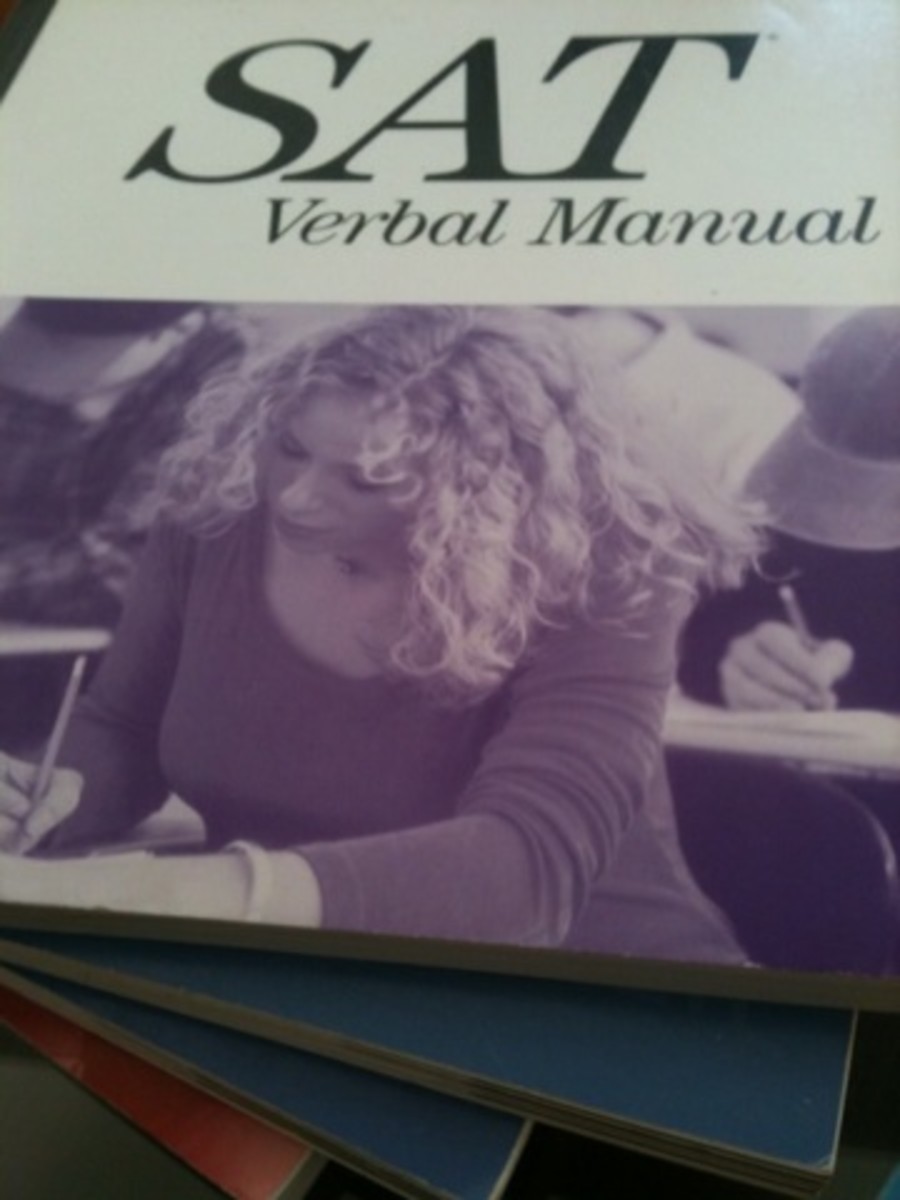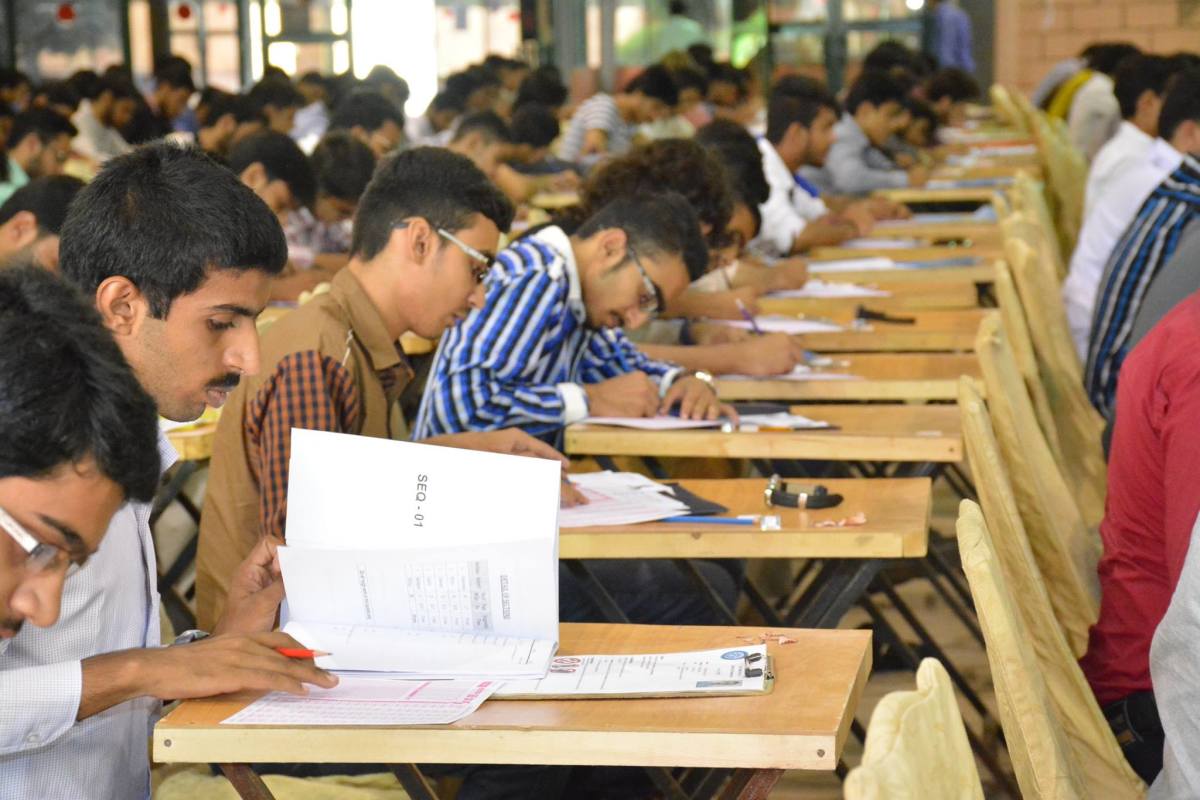10 Things Colleges Are Looking for in Applications

If you’re getting ready to apply to college then you know that there’s a formal process involved. Colleges have specific application forms that you have to fill out. Sometimes you also have to submit portfolios and even complete college interviews to get into college but the big part is that main application. If you know what colleges are looking for as they go through those applications then you can draw attention to those things in your own application and increase the chance that the college will want you to be a student at their institution.
With that in mind, here are ten things that colleges are looking for in applications from potential students:
1. GPA. Colleges do generally want to take students that have good grades and they determine this in large part by your GPA. The more competitive the college that you’re applying for, the more important this part of your application is. If you’ve taken Advanced Placement (AP) courses in high school then you may have a “weighted” GPA but some schools only want to know your unweighted GPA. It’s important to know what they’re looking for when you complete your application so that you fill this part out properly. If you’re already most of the way through high school then there’s not a lot you can do to improve your GPA. However, you can use the cover letter part of your college application to emphasize your academic strengths (such as a great GPA in your math and science classes) to boost this important part of the application.
2. SAT scores. Most colleges do take the time to look at your SAT scores. They may have minimum scores that they’ll consider for their applicants. They may compare you to another student with a comparable application and select the one that has the higher SAT scores. For that reason, it’s worth it to study for the SAT’s, retake them if you don’t do well the first time and emphasize a good score in your college applications.
3. Classes that you’ve taken. Although your GPA and SAT scores are important, the numbers are not the only thing about your classes that a college is going to look at when going through your application. They will also be interested in which classes you’ve taken. For example, have you taken a lot of easy electives or have you challenged yourself with harder courses? If you’ve taken unique classes then you may want to emphasize this in your college application.
4. Senior year classes and grades.Unless you get early acceptance into a college then one of the things that the school is going to look at is what you’re doing with your senior year of college. Students who take fewer classes, take easy classes or slack off and get lower grades than in their junior year aren’t looked upon as favorably by colleges during the application process. This is important to know when choosing your senior class schedule. If you do any of these things then you may want to highlight a reason in your application (such as working part-time after classes, doing volunteer work or taking a college course in addition to your high school classes).
5. High school ranking. Some colleges will actually consider not only how well you are doing academically but how your high school ranks against other high schools across the nation. You probably can’t change what school you’re going to but if you happen to go to a school that ranks high in any way (or specializes in specific areas as a high quality magnet school, for that matter) then you should emphasize this in your application.
6. Participation in school activities. Not every student excels academically and colleges do know this so they also consider the other ways in which you participate in life at your high school. That’s why high school counselors will encourage you to join school clubs and participate in sports and other activities. Colleges like to see this participation. You don’t have to join an activity that you don’t truly enjoy, of course. Actually, you should choose something that interests you because this is a way to show off your interests to the colleges that you’re applying to. It’s great if you’ve been participating in school activities all along but it’s not too late to start just before your college application process. Better late than never in this case.
7. Community service. Participation at school is important but school isn’t for everyone. Colleges acknowledge this by also looking at what you’re doing to participate in the community around you. The emphasis here tends to be on community volunteerism so that’s something that you will want to get involved in if you want to look good on your college applications. Again, you should choose an area of community service that truly does interest you because your choice says something about you to the colleges you’re applying to be a part of.
8. Other participation in the community. Although community service will get the most attention when it comes to your participation in the community, there are other ways that you can be a part of your community as well and these things matter too when it comes to your college applications. Participation in a community sports team, taking outside-of-school classes (such as music or theater classes), creating a public access TV show and starting a popular blog are all ways that you can show off your participation in the community.
9. How others see you. When you apply to college, you will be asked to provide references from other people. How others explain you will help the college decide whether or not you’re going to be a good fit for their school. For that reason you should be very picky about who you choose to write your letters of reference. Choose teachers and mentors that know you well and that are also articulate in written communication.
10. How you see yourself. The way that you see yourself is represented through your cover letter, your personal statement and any long answers that you are asked to provide on a college application. This is your chance to highlight all of your positive points. Pay attention to the points mentioned above to assist you in properly articulating yourself in these parts of your college application.
What do you think is the toughest part about applying to college?









